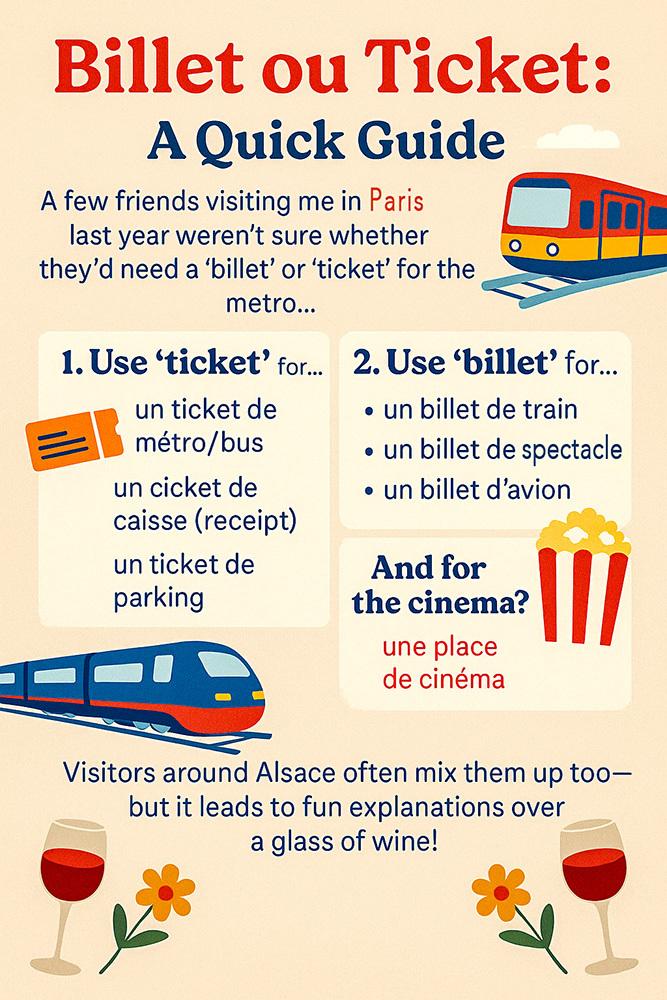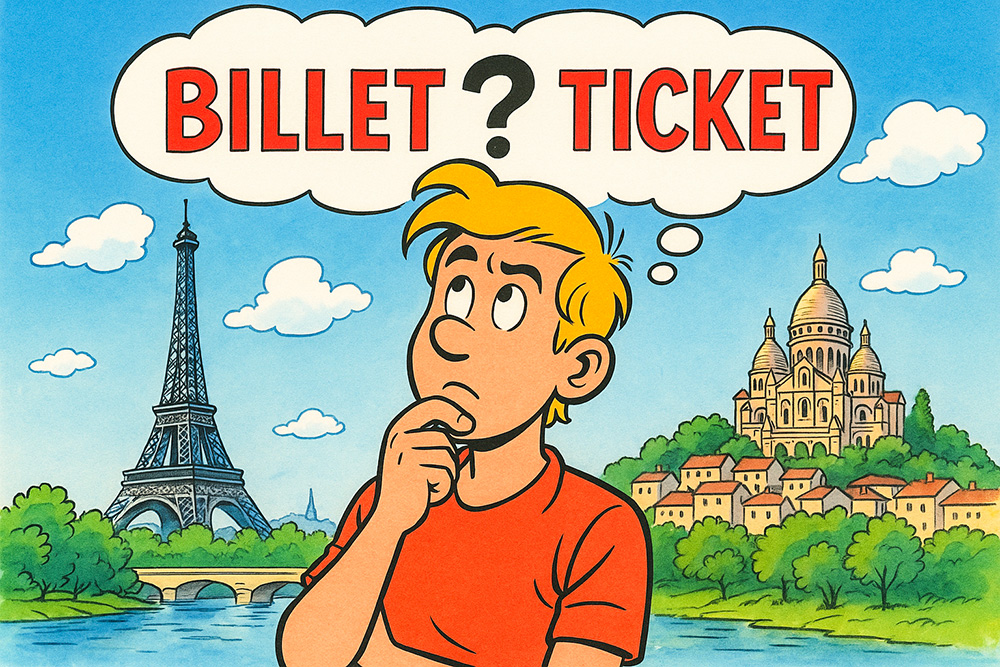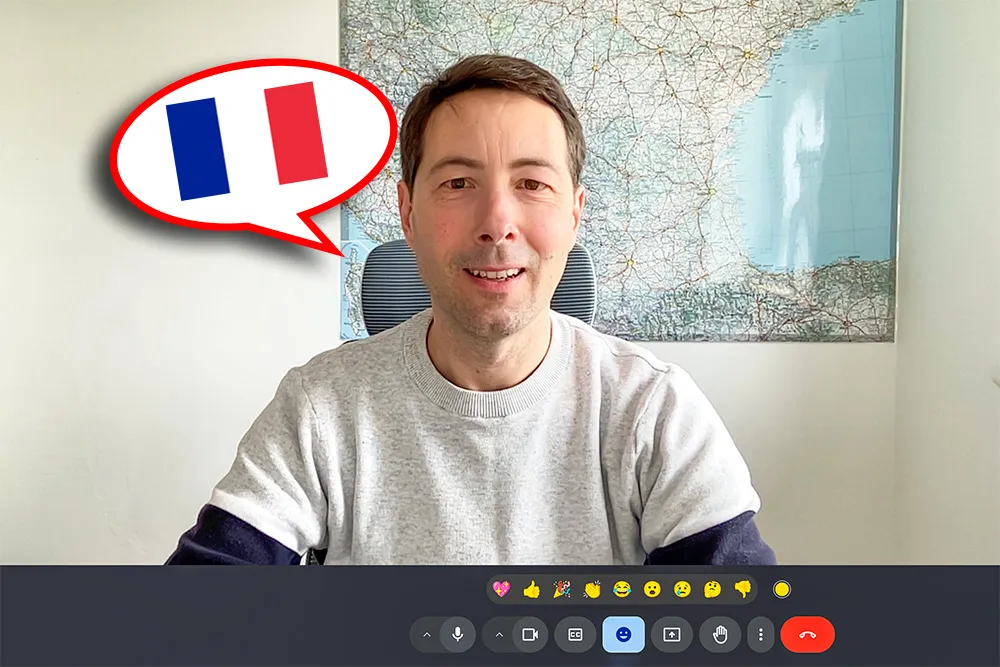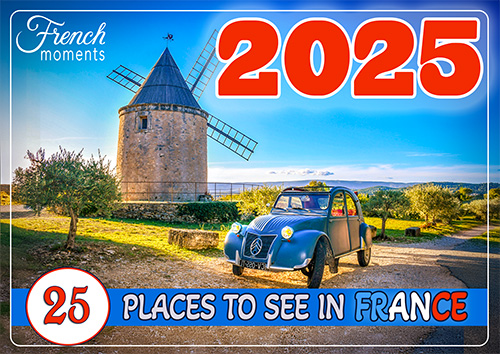Bonjour!
The other day, during a French lesson, my American student Janis looked at me with that puzzled expression I know all too well.
“Wait,” she said. “Why is it un ticket de métro but un billet de train? Aren’t they both… tickets?”
A fair question. And one that many English speakers (British, American, Australian – take your pick!) have asked at some point when navigating French life.
Because yes – in French, both ticket and billet exist, but they’re not interchangeable.
And sometimes, neither word is used when you think it would be.
Time to clear things up.
🎫 1. “Ticket” exists in French… but only in certain situations
In French, ticket refers to specific, usually small and disposable pieces of paper:
Un ticket de métro / de bus 🚇 – a metro or bus ticket
Un ticket de caisse 🧾 – your receipt at the supermarket
Un ticket de parking 🚗 – a parking stub
Un ticket restaurant 🍽️ – a meal voucher some employees get
Un ticket de tombola 🎟️ – a raffle ticket
🗣️ Good to know: Tickets in French are cheap, often printed, and tend to end up in your pockets or on the pavement. (Yes, we see you, Paris métro.)
🚄 2. For trains, planes, and concerts… it’s “un billet”
Billet is a little fancier, a little more official. It usually means a more valuable, “serious” ticket:
Un billet de train 🚄 – train ticket
Un billet d’avion ✈️ – plane ticket
Un billet de spectacle 🎭 – theatre/concert ticket
Un billet d’entrée au musée 🖼️ – museum admission
🧳 You’ll also hear: un billet aller-retour (a return ticket) or un billet non-remboursable (non-refundable ticket).
🗣️ Pro tip: At the train station, don’t ask for “un ticket to Lyon” unless you enjoy confused stares.
💡 Note: These days, SNCF train tickets printed at vending machines have gotten much smaller – almost ticket-sized, in fact. Gone are the large, orange-and-white cardboard billets of the past. Now, they’re compact little slips that could almost pass for tickets… but the name billet still holds strong.
💸 3. Wait… “billets” also mean money?
Yup! Another twist. Un billet also means banknote or bill in English:
Un billet de 10 euros – a €10 note
Un faux billet – a fake note
Des liasses de billets – wads of cash
💰 So if someone says “il a gagné un gros billet au loto”, they’re probably talking about cash, not a surprise trip to Marseille.
🎥 4. What about the cinema?
Ah, the trap! You might think it’s a ticket, like in English. But in France:
📽️ People often say:
“Tu as pris les places ?” (Did you get the seats?)
“J’ai acheté deux places de cinéma.” (I bought two cinema seats.)
Here, place means a seat.
🗣️ But beware: on cinema websites or apps, they might use billet instead – it’s becoming more common in digital form.
📱 And what if your ticket is on your phone?
Great question. These days, most tickets and billets are digital – stored on your phone, emailed to you, or scanned from an app. But here’s the thing: even if it’s no longer printed, the word stays the same.
You still buy un billet de train, even if it’s in the SNCF app.
You still show un ticket de métro on your phone if you're using a digital pass (like Navigo Easy).
You still download un billet de concert, even if you never touch paper.
🎟️ In short, whether it’s printed on card, thermal paper, or glowing on a screen… a billet is still a billet, and a ticket is still a ticket. The format changes – not the word.
🗣️ Cultural note: Some French people will still say things like “j’ai pris mes billets” or “j’ai mon ticket” even if they’ve never printed anything out. The words are sticking around – even if the paper isn’t.
🇫🇷 5. Recap: your French cheat sheet
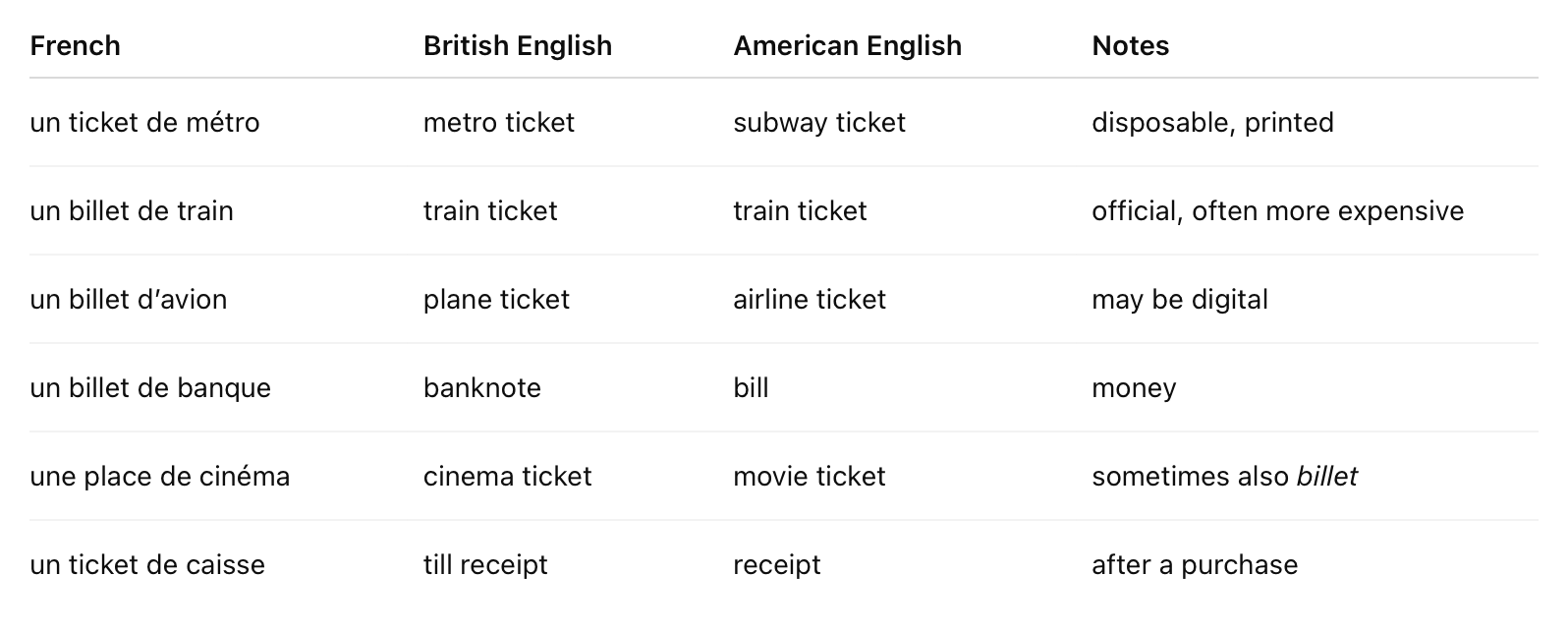
✏️ One last language (and cultural) tip
If you hear a French person say:
“T’as ton ticket, là ?”
…it might mean you have a crush!
Avoir un ticket avec quelqu’un = there’s something going on between two people. Sparkles, maybe. 💘
Yup – French is full of delightful curveballs.
🧳 Conclusion
So, billet or ticket? Now you know! Next time you travel in France, you can ask for the right thing at the counter – and avoid showing your supermarket receipt as museum entry.
✈️ How about you? Ever mixed up a billet and a ticket while travelling? I’d love to hear your story!
